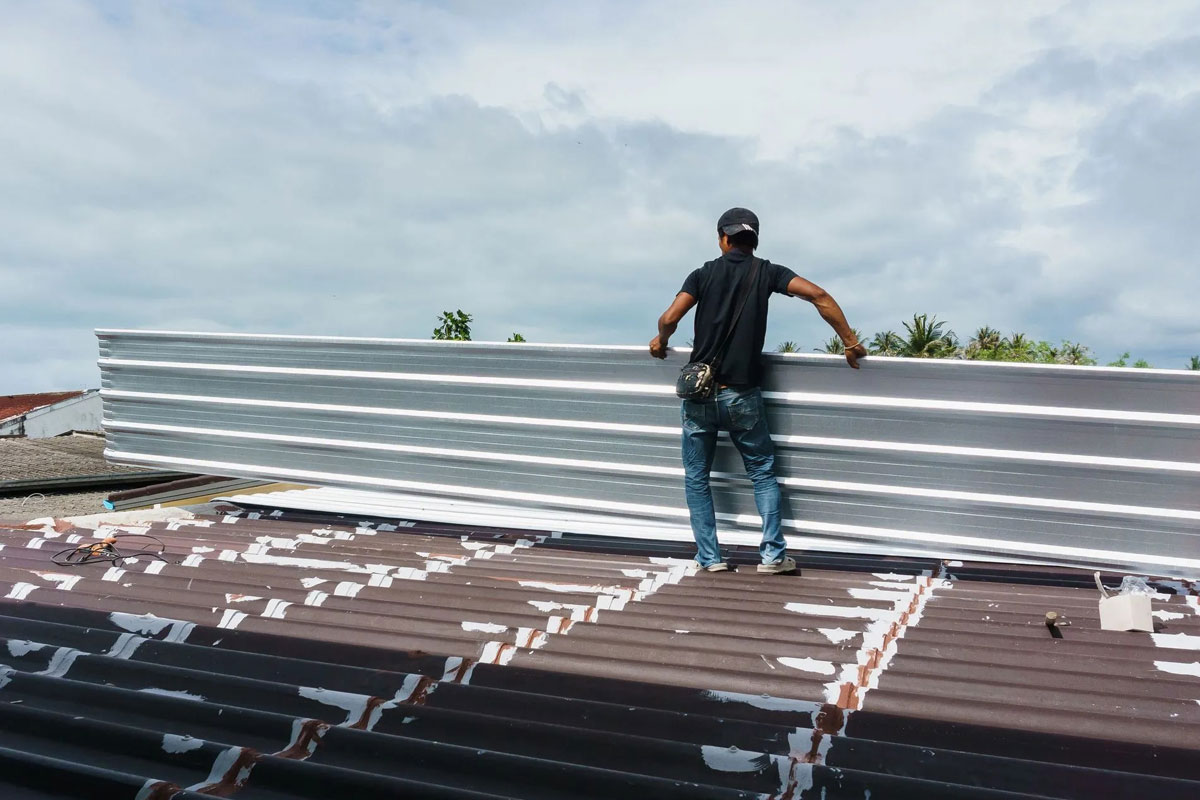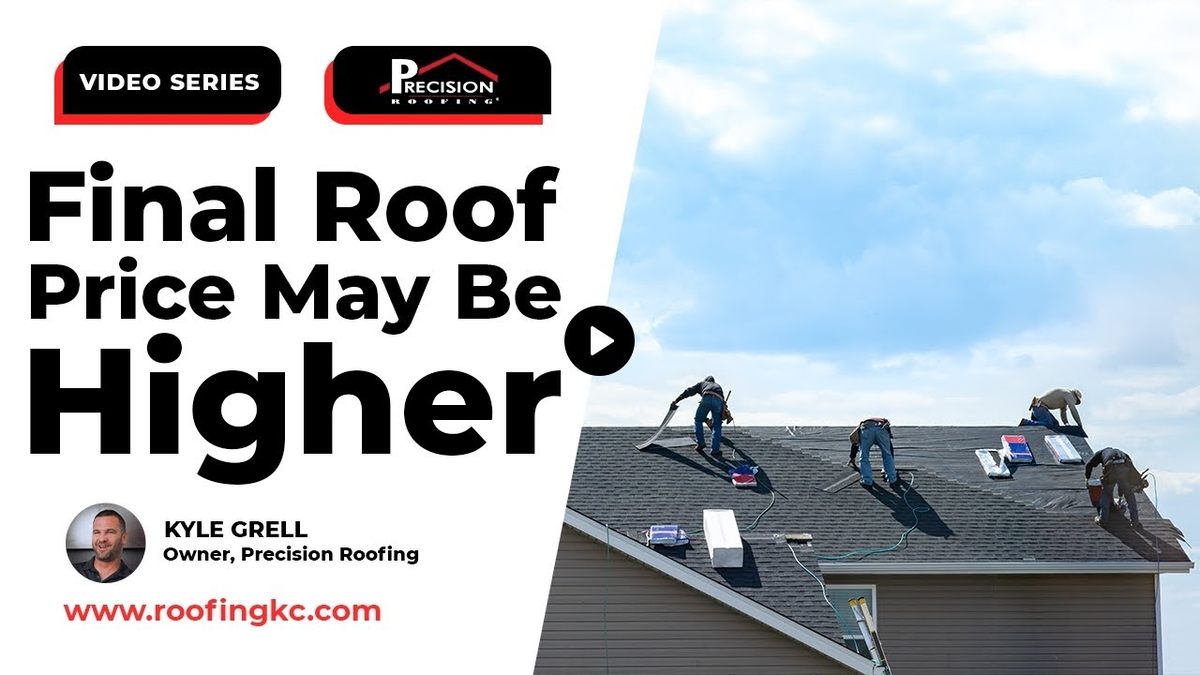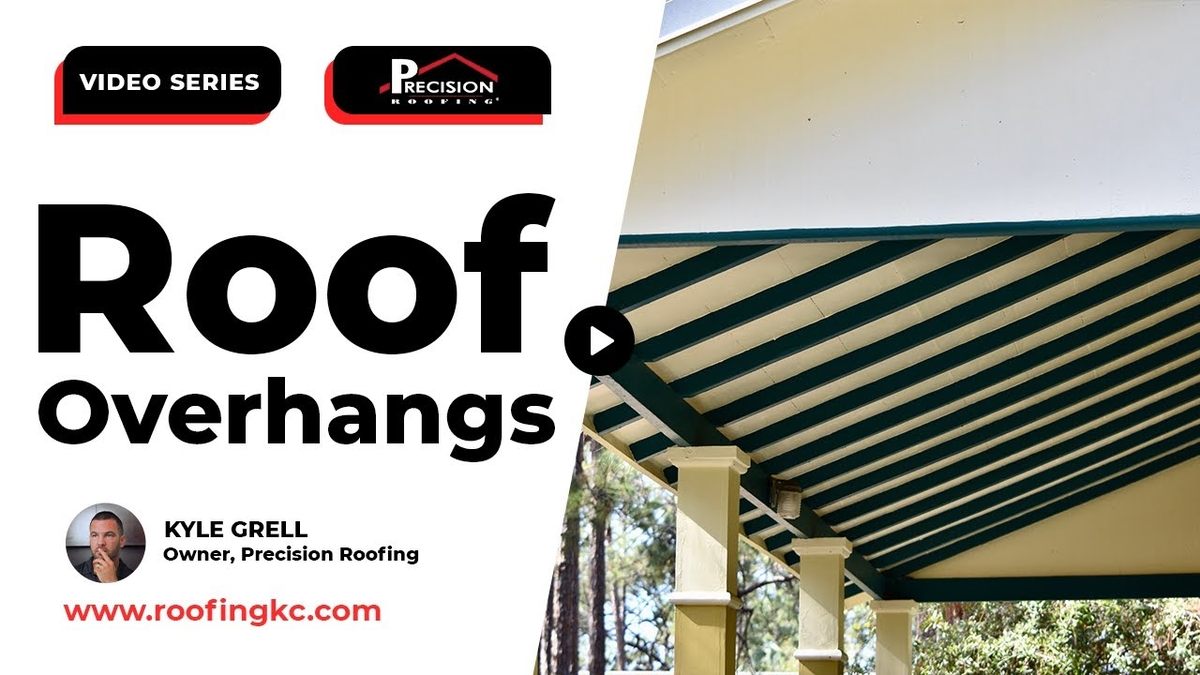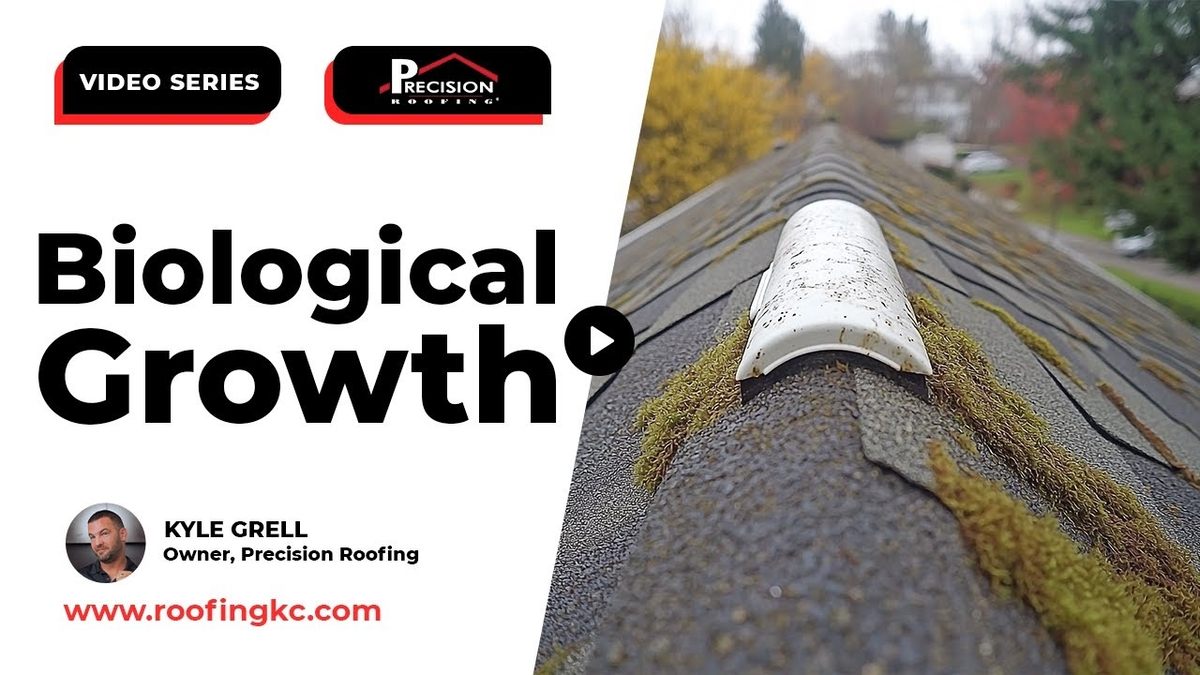If you have been looking for a home improvement project to help you save money on your utility bills, replacing your current roof with a more energy-efficient option is an excellent choice. There are countless benefits to choosing an energy-efficient roofing option. According to Home365, energy-efficient roofs that can block UV rays will potentially lower surface temperatures by up to 50 degrees Fahrenheit. This will help you maintain the internal temperature of your home. It will be much easier to keep your home warm in the winter and cool in the summer. You will use less energy, saving you money on your utility bills over time.
How Can Changing My Roof Help With Energy Efficiency?
A new, energy-efficient roof will have a much higher reflective value than your old roof. This means that it won’t absorb as much heat from the sun. The reduction of heat absorption will make it easier to maintain your home’s temperature. In the warmer months, when your air conditioning unit is working overtime to cool your home, you don’t need anything working against you. Reducing the heat that seeps into your home from your roof will reduce your energy bills because your HVAC systems won’t be working quite as hard.
Why Should I Choose a More Energy-Efficient Roofing Material?
There are several benefits to choosing a more energy-efficient roofing material. The primary benefit is to reduce the cost of your energy bills. You can reduce the heat that your home experiences by choosing a roof with a higher reflective value, saving you money on your utility bills. Energy-efficient roofs also provide ventilation, reducing the risk of moisture damage in your home. Local roofing companies will be able to help you determine which roofing option is best for your home.
What Is the Most Energy-Efficient Roof Material?
When it comes to choosing a new roof, you have a variety of options to choose from. However, you will want to choose the most energy-efficient material if you want to experience the maximum amount of savings. The most energy-efficient type of roof is considered metal roofing. This material can last longer than 50 years and requires very little maintenance. It is very reflective, so it will perform the best at keeping excess heat out of your home. Color can affect the efficiency of a roof as well. Dark colors absorb heat, while light colors do not. White is the best choice for reflectiveness when it comes to roof color.
Which Is the Best Material for Energy Efficiency in the Winter?
There are several roofing options that are considered to be energy efficient. Metal roofing, tile roofing, and asphalt shingle roofing are all known to increase energy efficiency. Metal roofing is arguably the best option for colder climates. It can keep warm air inside your home, making it so that your heating system doesn’t have to work as hard to control your house’s temperature. Metal roofing will ensure that your energy bills are reduced year-round.
Which is the Best Material for Energy Efficiency in the Summer?
Tile roofing is one of the most energy-efficient options for keeping your home cool in the summer. Air can circulate under the surface of the tiles, making them perfect for insulation. Your home will retain more cold air when it’s warm out, reducing the need for energy to keep comfortable in the heat. It would be best if you also considered that lightly colored roofs are best for warmer climates. Dark colors absorb light and heat and should be avoided if your goal is to keep your home cool. The experts with your roofing companies will be able to recommend the roof that is best for your region.
What Roof Color Is the Most Energy Efficient?
Thinking back to color theory, you might remember that dark colors absorb heat and light, and light colors reflect it. Think back to any time you wore a black shirt in the sun. You overheat much quicker in that color than you would in white. The same is true when it comes to roofing options. To maximize the efficiency of your roof, you should take color seriously. The most energy-efficient color for a roof is white. White will reflect the light and heat from the sun, making it easier to maintain the temperature of your home.
What Are the Downsides to Different Energy-Efficient Roofing Materials?
Energy-efficient roofs will benefit you in the long run. However, there are some disadvantages. The initial investment for most energy-efficient options is higher than average roof options. Metal roofs are more expensive than shingle roofs. You will save money on your utility bills over time, but the initial cost is higher. They also tend to be noisy. In inclement weather, you will hear rain and hail much more easily on a metal roof than you would with traditional materials. Before you commit to any major change, you should always ensure that you are aware of the potential pros and cons.
Why Are Metal Roofs Generally the Most Energy Efficient?
Metal roofs are considered the most energy efficient for a few reasons. The primary feature that allows metal roofs to be so beneficial to energy efficiency includes their ability to reflect heat away from the building. Heat cannot penetrate your home if it has been reflected. If you are looking for a roofing option that will provide you with the most efficient use of your energy, you should reach out to a contractor and ask about their metal roofing options.
Why Aren’t Metal Roofs More Popular If They Are So Energy Efficient?
Energy-efficient roof options like metal can be customizable, aesthetically appealing, and save you money over time. Although extremely energy efficient and beneficial to the value of your home, metal roofs are not particularly popular for residential homes. There may be a few reasons for this. They are initially expensive. The price for a regular shingle is about $1.7 per square foot while installing a metal roof can range anywhere from $3 to $14 per square foot. This alone deters many homeowners from choosing this material. Metal roofs also require specialized contractors for maintenance. This can be inconvenient when trying to take care of regular inspections. For these reasons, metal roofs tend to be a less-popular choice.
If you are ready to replace your existing roof and have been looking for a way to save money on your utility bills, you should consider switching to a more energy-efficient roofing option. Although the initial investment is greater than what you would spend on average roofing shingles, you will save money on your utility bills over time. Energy-efficient roofs make it easier to keep the temperature in your home controlled. You can find comfort in a cool home in the summer and a warm home in the winter. Metal roofs are considered the most energy-efficient option. They reflect the sun, preventing heat from penetrating your home. They can also be customized to fit the size, shape, and aesthetic of your home. You can work with a professional to get exactly what you want out of your energy-efficient metal roof. If you require help from a contractor, reach out to your local roofing companies today to book a consultation. Our experts at Precision Roofing can answer any questions you might have about your energy-efficient roofing options.
